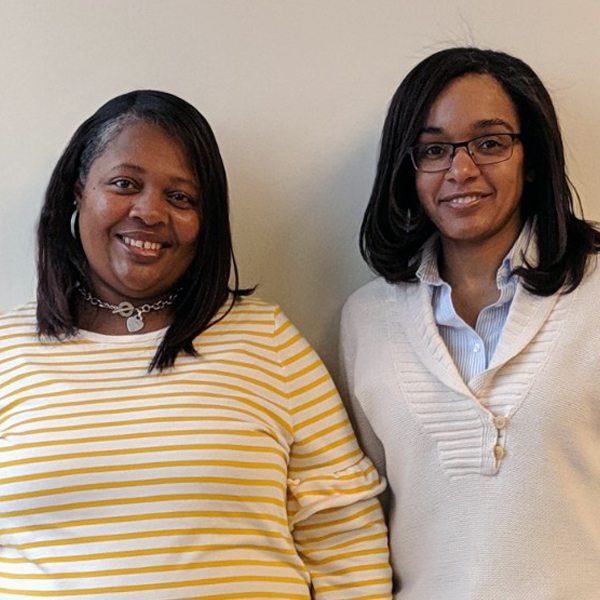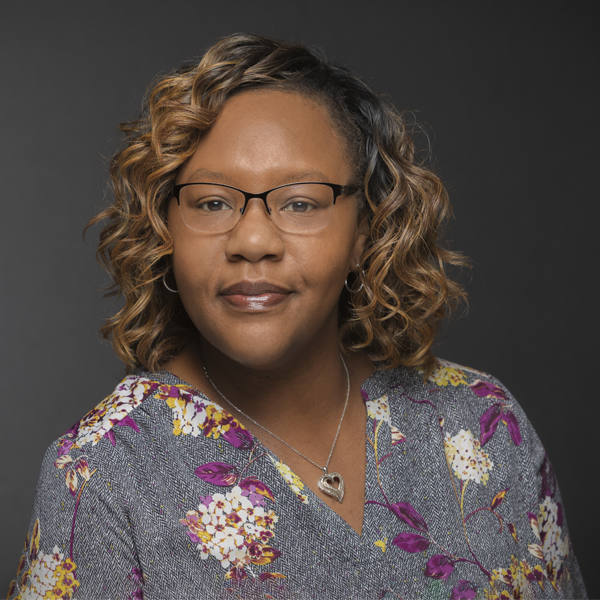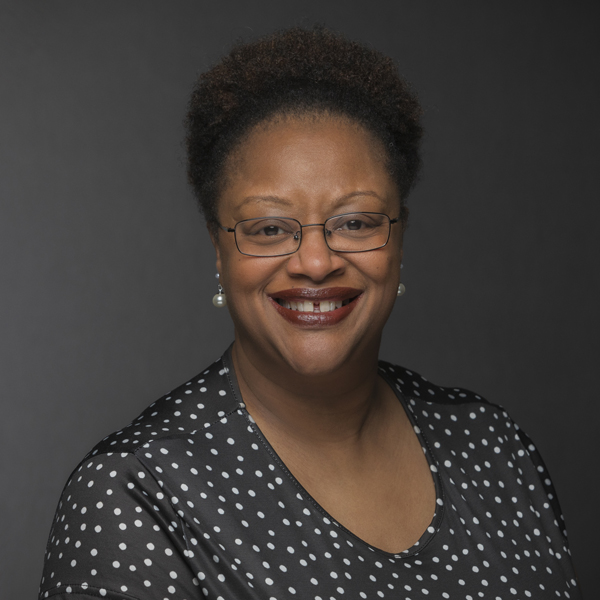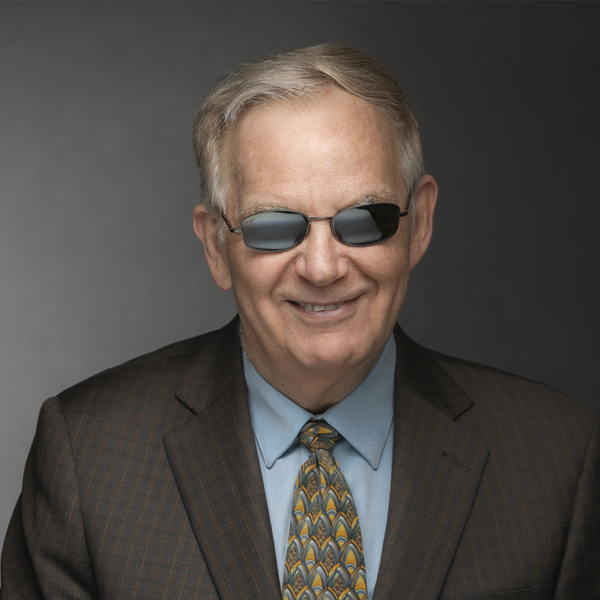As a Caregiver Fellow, my role is to engage with national and state leaders in the public and private sectors, the non-profit world and faith communities to provide information about issues veteran caregivers face, and help bridge critical gaps in services to caregivers and their veterans.
For example, in January of this year, the Dole Foundation celebrated the passage of the RAISE (Recognize, Assist, Include, Support, and Engage) Family Caregivers Act. The legislation requires the Department of Health and Human Services to develop a National Caregiving Strategy to provide specific actions that providers, government officials, employers, and others can take to recognize and support the unique needs of caregivers. This is especially important as the Veteran’s Administration moves to cut funding for its popular Veteran Caregiver Program.
“When the VA cut funding, it caused a lot of problems for families,” she says. “More locally, I’ve been working with the law school here to put together a legal clinic for veterans’ issues. The law school’s initial focus was primarily veteran administrative appeals for disability payments, but I’m also trying to work with the law school to include caregiver appeals.”
“My husband is a Marine Corps vet. He served in Iraq in 2006 and came back with physical issues, but he also came back with PTSD and TBI. We had trouble with the VA at first in trying to get the right diagnoses and trying to figure out medications. He suffers from blackouts, he’s an insomniac. We try to avoid crowds or concerts, and we try to stay away from crowded restaurants. The hypervigilance is always on.
“My stepfather was a Vietnam vet and a Green Beret, and it was very difficult his entire life to convince him to go get medical care for anything. Looking back, I’m certain he had PTSD. But he was of an era that didn’t go and get that kind of thing diagnosed.” Ashley attributes this to two lingering stigmas.
I think Vietnam vets have been more prone to not receiving services than some of the younger vets, who have had not great access, but certainly better access than they did in the ’60s and ’70s. There’s a stigma especially associated with non-visible injuries and I think that’s especially true for Vietnam vets.
As Ashley points out, access to services is another common roadblock to improving vets’, and their families, lives. “I noticed Arkansas hadn’t had a Caregiver Fellow for a couple of years, and Arkansas has a very large veteran population because of our Air Force base. A lot of people stay and retire to different areas in the state. But a majority of our population is in rural areas, and they don’t necessarily know how to access resources available to them with the VA, or know about different nonprofits that provide caregiver respite care or retreats, counseling or financial support when it’s necessary.
What I want to do in the next couple of years is create a network that makes it easier to find these types of services, so we’re reaching out to people in south Arkansas, or in the Delta, making sure they know these resources are available and working to provide an access point.
Access, she says, is critical for vets and their families to live their best post-service lives. Of her own family and husband, she admits, “We’ve certainly struggled, but we’re fortunate in that we have a lot of family support, and that he’s also been able to go back to school to pursue his Master’s, and has devoted his career to helping other veterans navigate the VA system since he knows how overwhelming it can be.”




